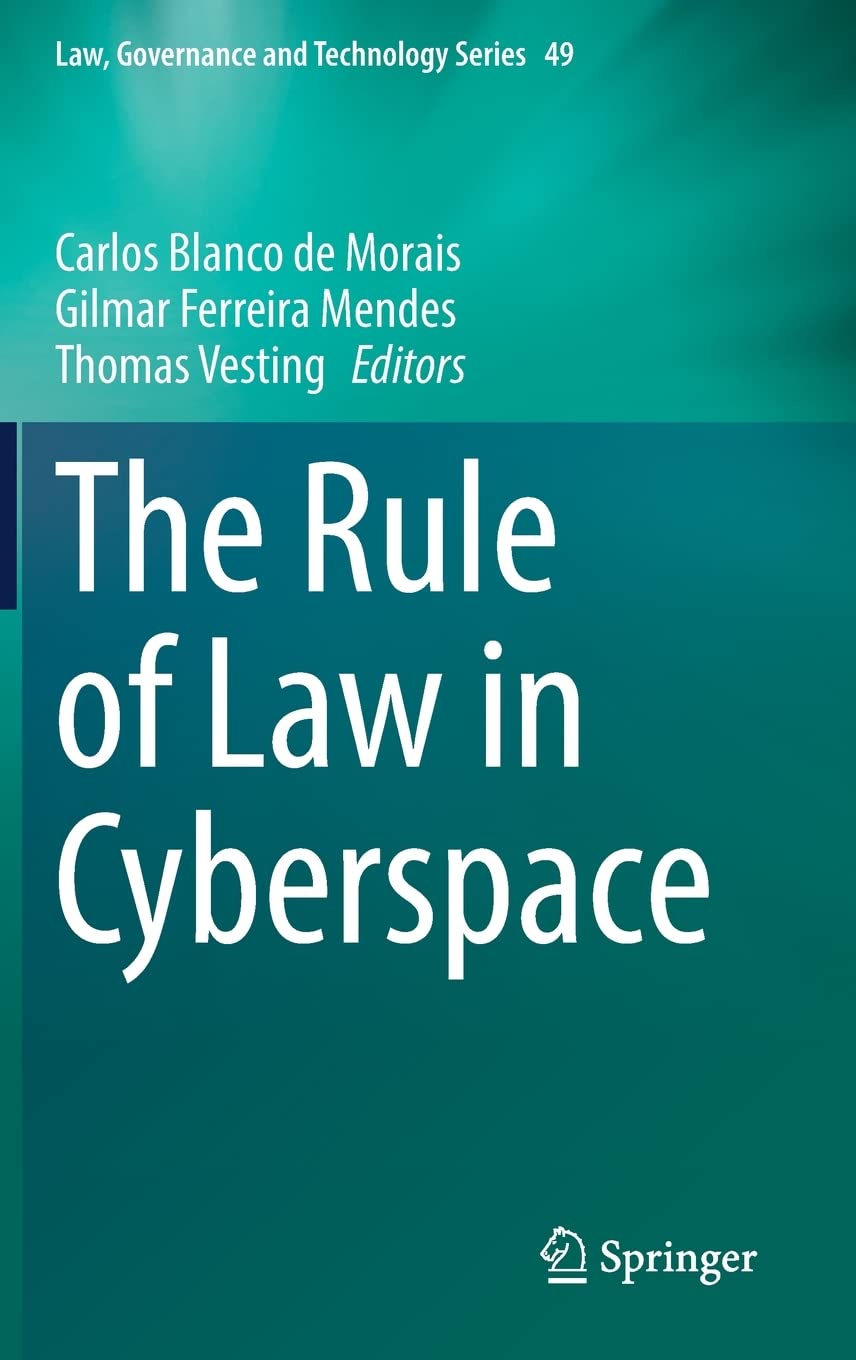

Most ebook files are in PDF format, so you can easily read them using various software such as Foxit Reader or directly on the Google Chrome browser.
Some ebook files are released by publishers in other formats such as .awz, .mobi, .epub, .fb2, etc. You may need to install specific software to read these formats on mobile/PC, such as Calibre.
Please read the tutorial at this link: https://ebookbell.com/faq
We offer FREE conversion to the popular formats you request; however, this may take some time. Therefore, right after payment, please email us, and we will try to provide the service as quickly as possible.
For some exceptional file formats or broken links (if any), please refrain from opening any disputes. Instead, email us first, and we will try to assist within a maximum of 6 hours.
EbookBell Team

4.1
50 reviewsThe respective chapters cover topics such as the notion of digital states and digital sovereignty, jurisdiction over the Internet, e-government, and artificial intelligence. The authors are eminent scholars and international experts with a profound knowledge of these topics. Particular attention is paid to the areas of digital democracy, digital media and regulation of the digital world.
The approach employed is based on a comparative perspective from Germany, the Netherlands, Italy, Portugal and Brazil. One particular focus is on how various legal systems are coping with increasing difficulties in the exercise of democracy with regard to disinformation and hate speech. The roles of legislators, the judicial system and public administrations are analysed in the light of the latest cases, conflicts and technologies.
In addition to this comparative approach, the book explores the evolution of rule of law in cyberspace and the upcoming new legal regimes in the European Union and Brazil. Special care is taken to offer a critical review of both the literature and the latest legal solutions adopted and being considered regarding the regulation of cyberspace from a constitutional and administrative perspective.
Given its scope, the book will be of interest to researchers and scholars in the field of digital law whose work involves constitutional problems in cyberspace and/or practical problems concerning the regulation of social networks and online commerce.